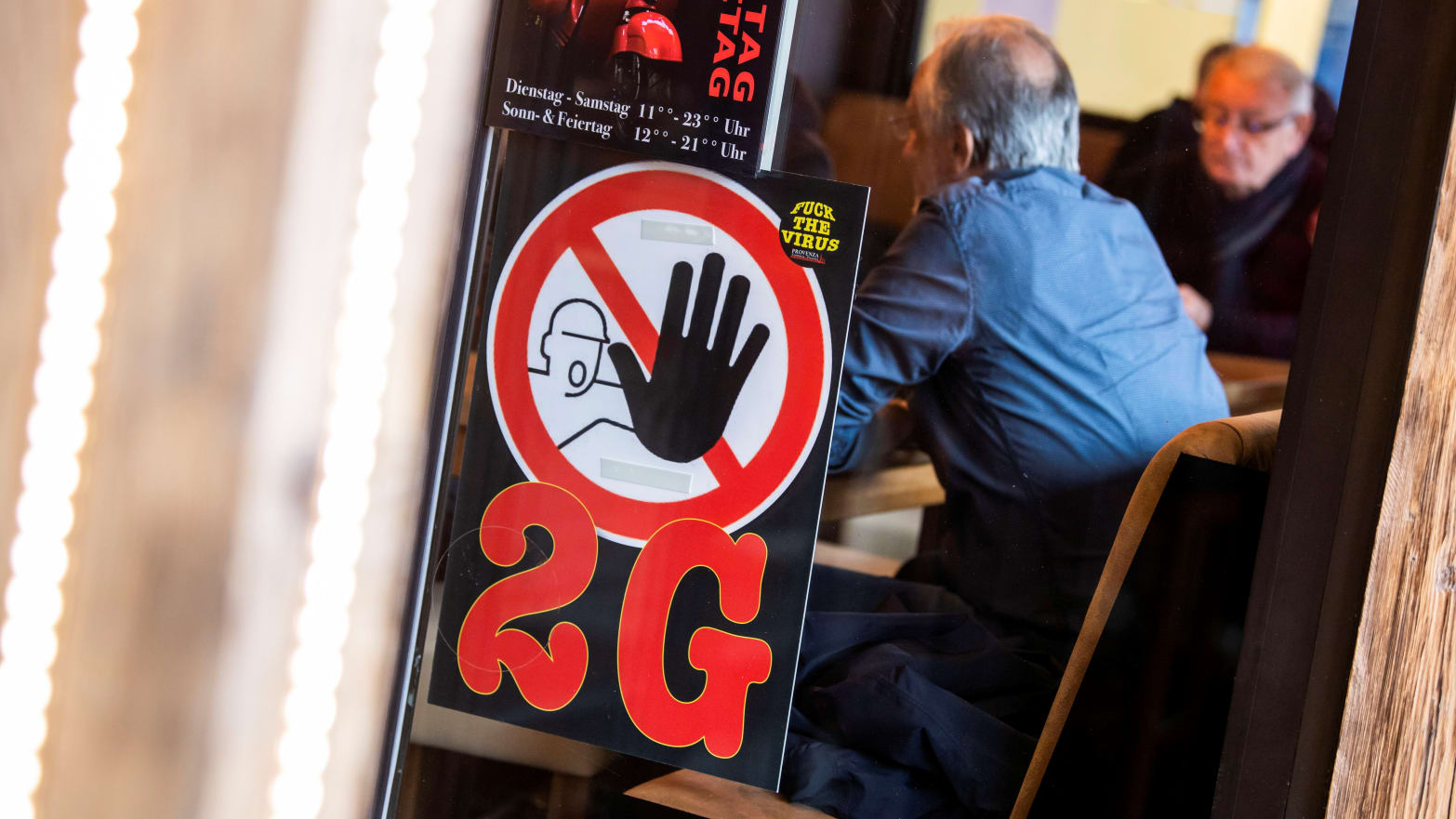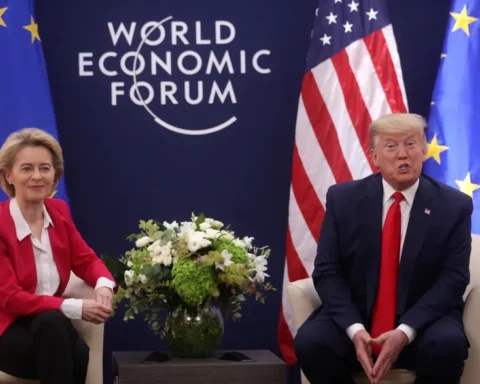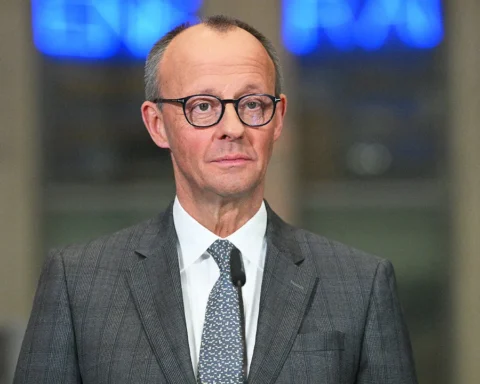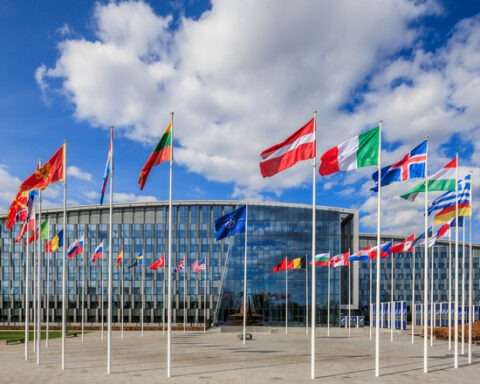Austria announces Europe’s first nationwide vaccine mandate and reimposes lockdown as Covid-19 soars
Austria is going back into a national lockdown and plans to become the first country in Europe to make Covid-19 vaccinations mandatory for all eligible people as the nation’s coronavirus crisis deepens, Chancellor Alexander Schallenberg announced Friday. Schallenberg said his government would look to impose the national vaccine requirement from February 1. Around 65% of Austria’s population is fully vaccinated against Covid-19, one of the lower rates in the European Union, where cases are surging. The national lockdown — the first in Europe this fall — starts Monday and will last for 10 days minimum, and could be extended for a further 10 days, Schallenberg told reporters at a news conference in Vienna.
The move comes only days after Austria took the step, unprecedented in Europe, of imposing lockdown measures for all those age 12 and older who are not fully vaccinated against Covid-19.
Under those measures, which came into force on November 15, the unvaccinated were ordered to stay at home except for a few limited reasons, with the rules policed by officers carrying out spot checks on those who were out and about.
Austrian Health Minister Wolfgang Mückstein said Friday that schools and kindergartens would remain open during the upcoming national lockdown.
But Schallenberg said it was possible for parents to take their children out of school if they so wished. “This is always a challenge, for every family,” he said. During the first Austrian lockdown, schools and kindergartens were closed. Mückstein also urged the wearing of FFP2 masks in all enclosed spaces and said employees could request the option of working from home where possible. Once the national lockdown is lifted, lockdown measures will remain in place for unvaccinated Austrians, Mückstein said, adding that everything needed to be done to avoid a “fifth wave.”Neigboring Germany also announced plans Thursday to introduce targeted Covid-19 restrictions on the unvaccinated to tackle record levels of infections amid its fourth wave of the pandemic.
Outgoing Chancellor Angela Merkel described the country’s Covid-19 situation as ”dramatic” and ”very worrying” at a news conference Thursday, following a meeting with Germany’s 16 federal state leaders on stricter Covid-19 measures.Merkel warned that intensive care unit beds were filling up much too quickly, adding it’s ”high time to take action.”
Disease control chief: “All of Germany is one big outbreak”
The head of Germany’s disease control agency said Friday that the country has entered into a “nationwide state of emergency” because of surging coronavirus infections
Lothar Wieler, the head of the Robert Koch Institute, said regular medical care cannot be guaranteed anymore in some parts of the country because hospitals and intensive care wards are overstretched.
The German air force confirmed a report by daily Bild that it was preparing to help transfer patients to clinics with free beds.
“All of Germany is one big outbreak,” Wieler told reporters in Berlin. “This is a nationwide state of emergency. We need to pull the emergency brake.”
He called for urgent additional measures to tackle the rise in COVID-19 cases, which topped 50,000 for the third day running. The Robert Koch Institute also reported 201 further deaths, taking the toll to 98,739 since the start of the outbreak.
Wieler’s comments came as the upper house of parliament on Friday approved new measures to control the outbreak proposed by the center-left alliance that emerged after the Sept. 26 national election. The measures include requirements for people to prove they are vaccinated, recently recovered from COVID-19 or have tested negative for the virus in order to access communal workplaces or public transport.
Separately, outgoing Chancellor Angela Merkel agreed with the governors of Germany’s 16 states to introduce a new threshold linked to the number of hospital admissions of COVID-19 patients per 100,000 people over a seven-day period. Some states are also considering mandatory vaccinations for some professional groups such as medical staff and nursing home employees.
Neighboring Austria, which has also been hit by a surge in new cases, announced it would extend a nationwide lockdown to vaccinated people from Monday, and introduce compulsory vaccinations from February.
Such measures are not currently being discussed in Germany, where the outgoing Merkel government and the three-party alliance hoping to replace it are at odds over how to respond to the pandemic.
Germany’s current health minister, Jens Spahn, called Friday for a “national common effort” to respond to the rising case numbers.
“In the short term we won’t manage to break the wave (of infections) with vaccinations and booster shots alone,” he said at a joint news conference with Wieler, who called on Germans to help limit the spread of the virus by reducing their social contacts.






